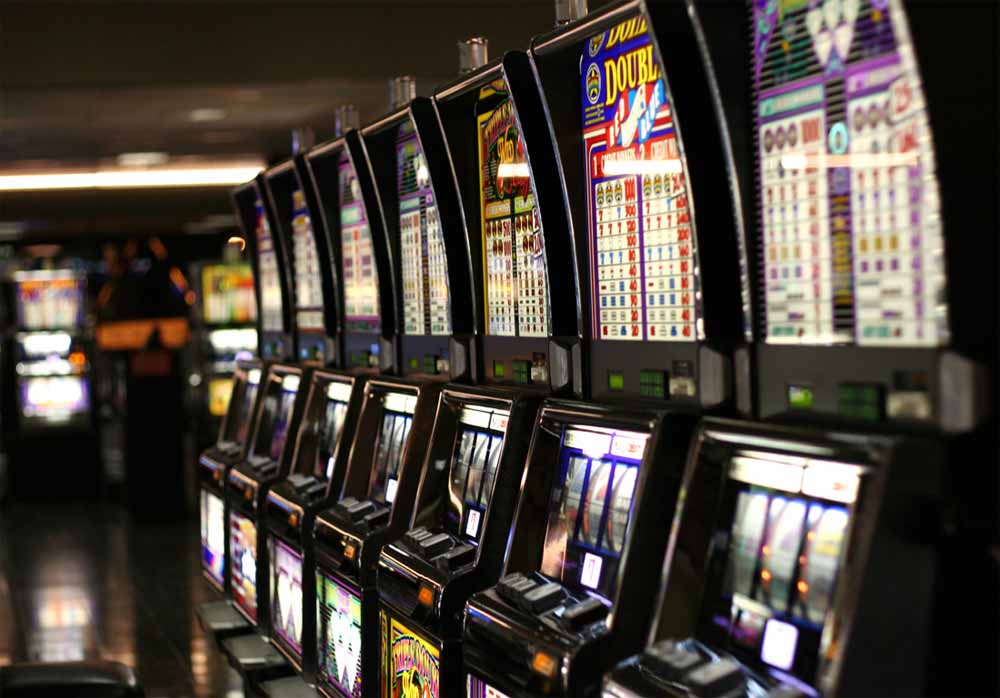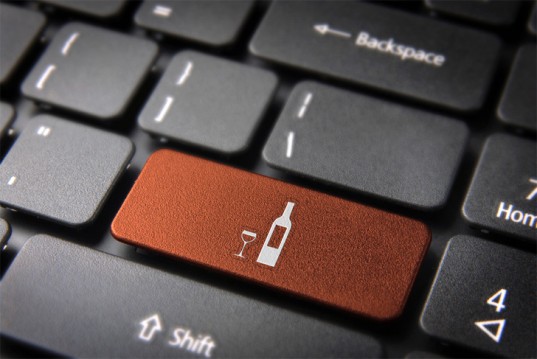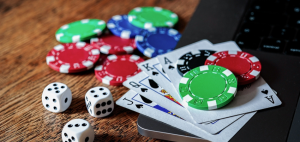
Written by:

Medically Reviewed by:
Last Updated:
January 27th, 2025
Gambling Addiction | Signs, Symptoms and Effects
Gambling is deeply ingrained in British culture with many people enjoying the occasional “flutter” or spending a few pounds on scratchcards now and again. While for most people, this is an occasional harmless pastime, for some it can become a serious problem. Gambling addiction affects around 0.5% of people in Britain (almost 250,000 people), with around 2.2 million more at risk of becoming addicted. When gambling abuse develops, it can be a lonely place but it is important to know that there is help available and you don’t need to suffer alone.
What is gambling addiction?
Gambling addiction is a behavioural addiction characterised by an uncontrollable urge to gamble. This may involve betting on sports at the bookies, playing online poker, gambling at the casino or spending huge amounts of money on scratchcards. Winning or losing can become relatively unimportant to those affected by gambling addiction; it is the act of gambling itself that becomes compulsive and difficult to control.
Gambling addiction can creep up on an individual, or set in after a major triumph or defeat. It often accompanies other mental health issues like depression, anxiety and substance disorders, all of which can make gambling abuse harder to live with and treat.
What causes gambling addiction?
Like all forms of addiction, gambling addiction is a complex disorder caused by a combination of physical, environmental, psychological, and potentially genetic factors.
Physical causes of gambling abuse
On a physical level, gambling abuse is linked to changes in the brain’s reward system. When you gamble, your brain produces pleasure chemicals like dopamine and serotonin which make you feel good. With continued gambling, the brain becomes conditioned to seek out this feeling of pleasure and reward and you can develop a physical dependence where you need to gamble just to feel ok.
Psychological causes of gambling addiction
Psychologically, gambling addiction is strongly linked to other mental health issues such as depression, stress and anxiety as well as unresolved trauma. People with these conditions may turn to gambling as a form of escapism or a way to temporarily relieve their symptoms but ultimately find that their addiction worsens the underlying mental health issues.
Environmental causes of gambling addiction
Environmental and social factors can also contribute to gambling addiction. For example, if an individual is exposed to gambling from a young age, has a family history of addiction or lives with people who are problem gamblers, they may be more likely to develop the disorder.
Gambling’s availability and accessibility are also major factors with online casinos, betting shops, scratchcards and more all just a click away, it’s easier than ever to gamble regularly and excessively.
Am I addicted to gambling?
In order to get the help you need, it is important to spot the signs of gambling abuse as quickly as possible. This is not always straightforward as many of the signs and symptoms can be subtle and your gambling addiction can deceive you and those around you about how serious your problem is.
To identify whether you need help with gambling abuse, ask yourself the following questions:
- Do I feel the need to gamble with larger amounts of money or for longer periods of time?
- Have I ever felt the urge to gamble when feeling anxious or depressed?
- Do I lie or hide my gambling activity from loved ones?
- Am I neglecting work, family and social commitments due to gambling?
- Is my gambling affecting my mental or physical health?
- Have I experienced financial difficulties due to gambling?
- Do I regularly gamble on sports or other outcomes that I know nothing about?
- Do I “chase” losses and keep returning to gambling to try and win back the money I have lost?
If you answered yes to these questions, it is likely that you are struggling with a gambling addiction and should seek professional help.
What are the effects of gambling addiction?
Gambling abuse can have a range of serious and damaging effects, impacting your health, relationships, finances and mental well-being.
The psychological effects of gambling abuse can include depression, anxiety, suicidal thoughts and other mental health issues as well as an increased risk of drug and alcohol abuse. It can also cause physical health issues due to stress, lack of sleep and poor nutrition.
On a financial level, problem gambling can cause extreme debt, bankruptcy and homelessness and even lead to criminal activity such as fraud or theft to make up for the money lost. Work performance and education can also be affected which can further harm your finances and have a profound effect on your life.
Your relationships can also suffer as a result of your addiction, with trust and communication breaking down between you and your loved ones. Financial issues can cause serious arguments between partners, breakups and divorce and lead to estrangement from family and friends.
How is gambling addiction treated?
Effective treatment for gambling addiction requires a holistic approach to address the multi-faceted nature of the condition. This involves two key stages: gambling addiction rehab and aftercare.
Gambling rehab
Gambling rehab programmes provide specialist care and support to help you overcome your addiction. This is most effective when undergone as a resident at an inpatient gambling rehab centre like Recovery Lighthouse because this removes you from any triggers and enables full immersion in your recovery.
At Recovery Lighthouse, our gambling rehab programmes involve a range of proven therapies which will help you to identify the underlying causes and triggers for your condition and provide you with the skills and strategies to successfully manage it. These therapies include:
- 12-step
- Cognitive behavioural therapy (CBT)
- Motivational interviewing
- Individual and group counselling
- Yoga and art therapy
- Meditation and mindfulness
- Family support therapy
- Relapse prevention strategies
During your stay at Recovery Lighthouse, you will have the opportunity to build relationships with our staff and the other people who are in recovery. These bonds can be instrumental in helping you get through the gambling rehab process and staying the course after you leave our centre.
Gambling addiction aftercare
Once you have completed the rehab stage of your recovery, it is important to follow this up with a structured aftercare plan. Recovery Lighthouse provides all our clients with one year’s free weekly group therapy sessions which are designed to help you maintain your abstinence and provide invaluable support when triggers or cravings arrive.
Challenges you will face during gambling addiction recovery
Successful recovery from gambling addiction involves facing and overcoming a series of challenges. It is important to understand what these challenges will be so you don’t feel overwhelmed when you begin gambling rehab:
Recognising and repairing the damage done to relationships
Our gambling rehab programmes follow the 12-step process and one of the most important steps is making amends with any people that you have harmed as a result of your addiction. This can be difficult and emotionally challenging but it is a necessary step on the road to recovery.
Facing financial losses
Financial problems caused by gambling can be extremely hard to recover from, especially if you are bankrupt or facing severe debt. Once you have overcome your gambling addiction, however, you will have the opportunity to seek advice on how to manage your finances and rebuild your life.
Managing triggers
Your Recovery Lighthouse aftercare plan includes relapse prevention strategies that will help you identify potential triggers before they manifest into cravings or a return to gambling. This is an essential step in maintaining abstinence once the rehab phase has been completed.
Replacing gambling with healthier activities
Gambling addiction can take up an enormous amount of time and energy and you will need to find healthier ways to fill these voids. These can include engaging in sports and exercise, enjoying leisure activities with friends and family, volunteering or pursuing a new hobby.
Helping a loved one with a gambling addiction
If you have a loved one who is suffering from gambling addiction, then supporting them through their recovery journey can be a difficult but rewarding experience. The most important thing is to provide them with a non-judgemental environment in which they can open up and express their feelings. Encourage your loved one to seek professional help as soon as possible and offer to accompany them to any therapy sessions or support groups.
It is also very important that you don’t enable a loved one’s gambling addiction. Some people may not be ready to seek help but enabling them will only make the problem worse in the long run. This means not giving them money or making excuses for their behaviour. Instead, continue to voice your concerns and offer emotional support until they understand that they need professional rehab treatment.
What to do next
If you or a loved one is suffering from gambling addiction, get in touch with us at Recovery Lighthouse for more information about our gambling addiction treatment programmes. Our team of experienced professionals are here to answer all your questions and help you every step of the way.







